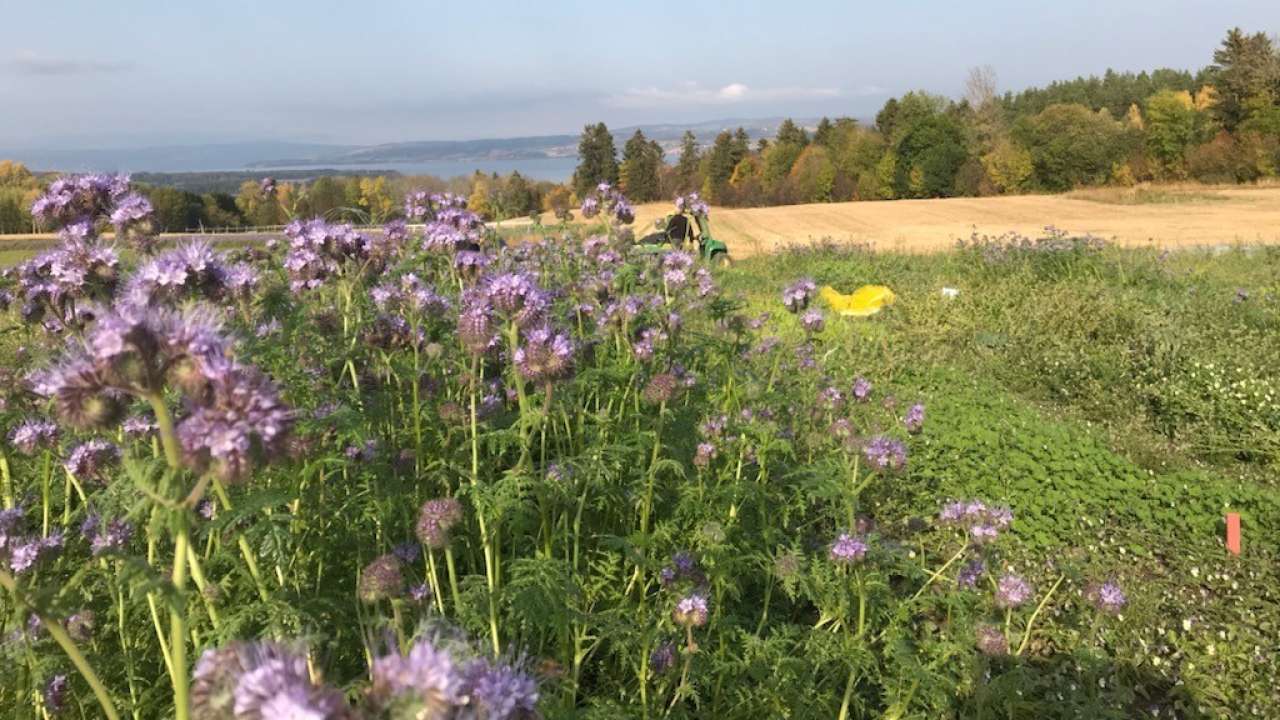Division of Food Production and Society
Measures to increase sustainability in Norwegian vegetable production.

End: dec 2021
Start: sep 2021
Reduced use of herbicides and improved soil conditions - using false seedbed and catch crops.
Project participants
Hans Håkon Helmen Kari Bysveen| Start - end date | 17.09.2021 - 31.12.2021 |
| Project manager | Mette Thomsen |
| Division | Division of Food Production and Society |
| Department | Horticulture |
The aim of the project is to assess methods for implementing use of:
- False seedbed in row cultures and
- Investigate the use of catch crops in vegetables. Here we will
- look at the effect of preculture on the establishment and growth of selected species of catch crops
- how to establish catch crops both in and following different crops and assess yield, growth of weeds and effect on nutrients.
Cultivation of row cultures includes several resource-intensive operations and intensive soil tillage. Regulating weeds poses a major challenge and cost in row cultures, while there is a desire to reduce the use of chemical herbicides. There is therefore a need for more and varied tools for regulating weeds in row cultures.
Investigations using more and new methods of false seed in carrot have shown good results in recent years, and we will investigate different types of tools and different strategies for implementing false seedbed. Furthermore, in Norway due to stones or for loosening the soil, soil treatment is intensive, and can have several negative influences eg. increase the leaching of nutrients, reduce carbon content and cause soil packing.
Several studies have shown that the use of catch crops can reduce weeds and erosion, increase the carbon content of the soil, increase the earth's buffer capacity against drought/heavy precipitation and loosen the soil after packing. Nevertheless, there is a large lack of research on the use of catch crops in vegetable crops.
Through the project, we will map the establishment of catch crops according to different vegetable cultures, by different nutritional status in the soil and look at whether the catch growths can be established together with the crops.
The results of the project will provide practical advice on how false seedbed can have the best effect, how catch crops can be established in vegetable cultivation and how regulation of weeds and nutrient withholding are affected by the catch growths.
Publications in the project
Editors
Camilla BaumannAbstract
No abstract has been registered
Authors
Mette ThomsenAbstract
No abstract has been registered
